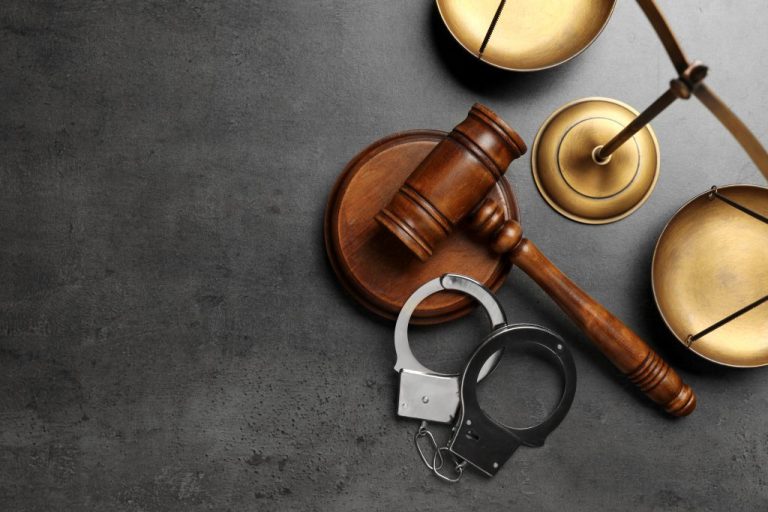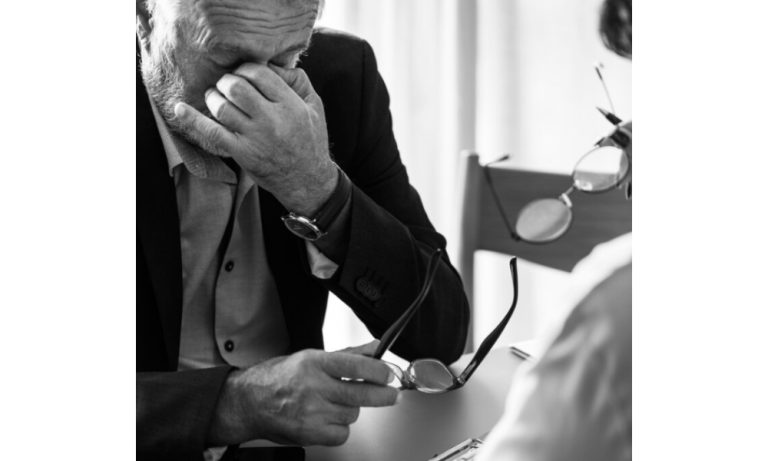
A few factors are responsible for Florida’s high rank on the scene of bicycle accidents. These are:
Population density. Florida had the second-highest population growth between 2020 and 2021 (after Texas). In that period, it grew by nearly 212,000 people. California is the largest state in America, but it is also the most populous. Florida is the second-largest state. However, there are still more people living in Florida, particularly around the coasts. If there are more people, bicyclists will interact with drivers better.
Roads are built for speed. Florida roads were built after WWII with motor cars and only motor cars in mind. Many roads are very large and have strict speed limits. There are few, if any, bicycle lanes. While bicyclists have the same rights and respect as motorists, they are often not given the same respect. Bicycling in the west is considered a valid mode of transport. Florida’s cultural attitudes can have an impact on how drivers respond to them. Cultural norms will change over time, which is why National Bike Month is focusing on education. However, Florida Complete Streets is trying to address the flaws in Florida’s infrastructure design. It is not an immediate fix.
Driver distraction. Distracted driving is a serious problem in all 50 states, but it’s especially prevalent in Florida. According to the Florida Department of Highway Safety & Motor Vehicles, distracted driving was responsible for 56,000 crashes and 333 deaths in 2013. This is the most crashes in eight years. It’s likely to be a low number since driver distraction is harder to detect than impairment. Accidents can be fatal if you drive too fast or are distracted.
What Are The Legal Rights Of A Bicyclist Who Has Been Injured In A Crash?
Bicycle accident victims in South Florida may suffer serious injuries. Talk to an experienced Tampa lawyer about the next steps. You may be eligible to receive financial compensation through several avenues.
Personal injury coverage for drivers (PIP). The driver’s policy may allow you to recover damages. Florida vehicle owners need to have PIP coverage. This coverage covers medical expenses up to $10,000 and lost earnings up to $10,000. Your personal PIP coverage may be available even if the vehicle is not yours. You can claim this regardless of fault. This may not be possible if you have been seriously injured. Talk to an injury lawyer to find out who is at fault and whether or not you can file a claim.
Many rental companies offer bicycles for rent in South Florida, particularly in tourist areas. While most rental companies require riders to sign a waiver in order to rent a bike, not all waivers are enforceable and all accidents are not covered. If you get hurt while riding a rented bicycle, it is worth consulting an attorney.
Manufacturers of vehicles and bicycles. A manufacturer may be able to file a case for product liability.
Bodily Injury Liability. You should consider the bodily injury liability policy of the at-fault driver if your injuries are severe or permanent. While Florida law does not require BIL, most drivers are covered. If they do not have it, they must sign a document attesting they are able to pay $20,000 in damages. If the other driver is at fault, and your injuries are severe, this avenue should be explored.
Uninsured/underinsured motorist coverage. Bicyclists may be eligible for UM/UIM coverage if they own or drive a vehicle. It is recommended, even though it isn’t required in Florida. Your auto insurance company would provide this coverage. This coverage is available if the at-fault party in an auto accident that involves a motor vehicle isn’t covered (or not located such as a hit-and-run) OR if the coverage doesn’t cover enough to fully compensate victims. Hit-and-run drivers are more likely to hit pedestrians, bicyclists, and others on the roads. It is a good idea to have UM/UIM coverage.
This post was written by Kelly-Ann Jenkins of Jenkins Law P.L. Kelly-Ann is an Injury Attorney St Petersburg She focuses on personal injury, car accidents, and bicyclist injury. The information on this site is not intended to and does not offer legal advice, legal recommendations or legal representation on any matter. Hiring an attorney is an important decision, which should not be based on advertising. You need to consult an attorney for legal advice regarding your individual situation.
The information provided on this website does not, and is not intended to, constitute legal advice; instead, all information, content, and materials available on this site are for general informational purposes only. Information on this website may not constitute the most up-to-date legal or other information. This website contains links to other third-party websites. Such links are only for the convenience of the reader, user or browser; the ABA and its members do not recommend or endorse the contents of the third-party sites.







